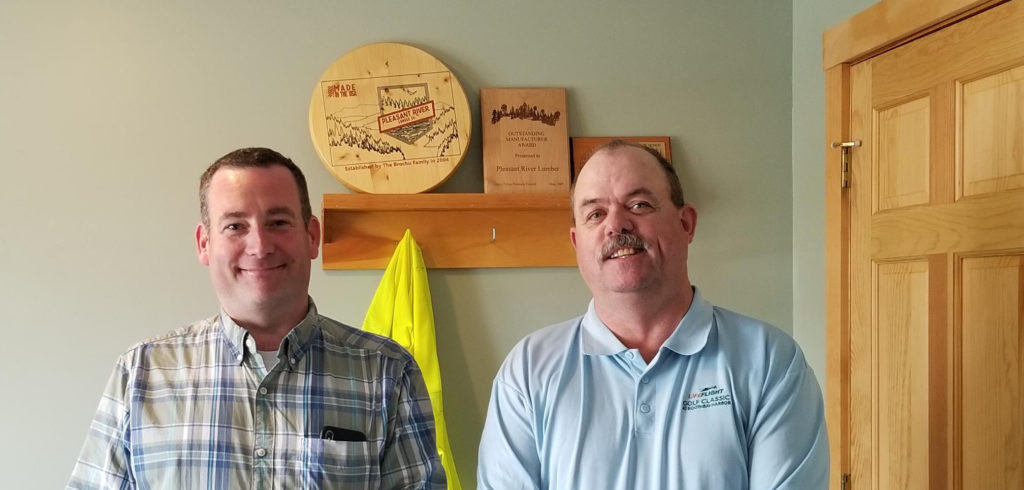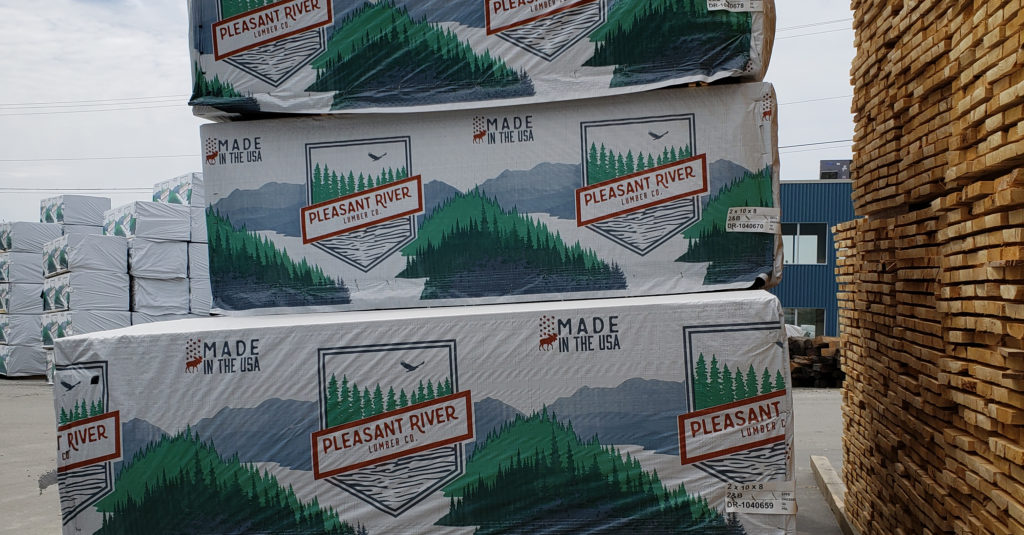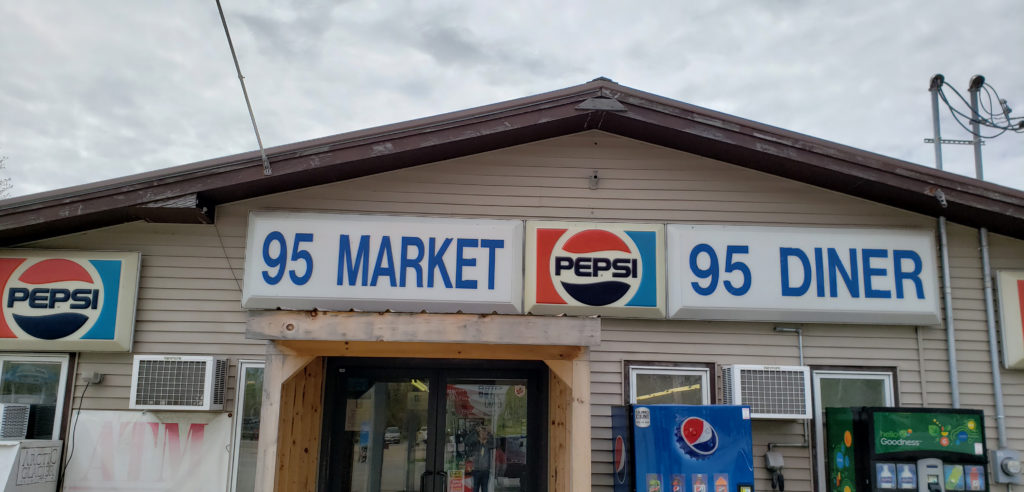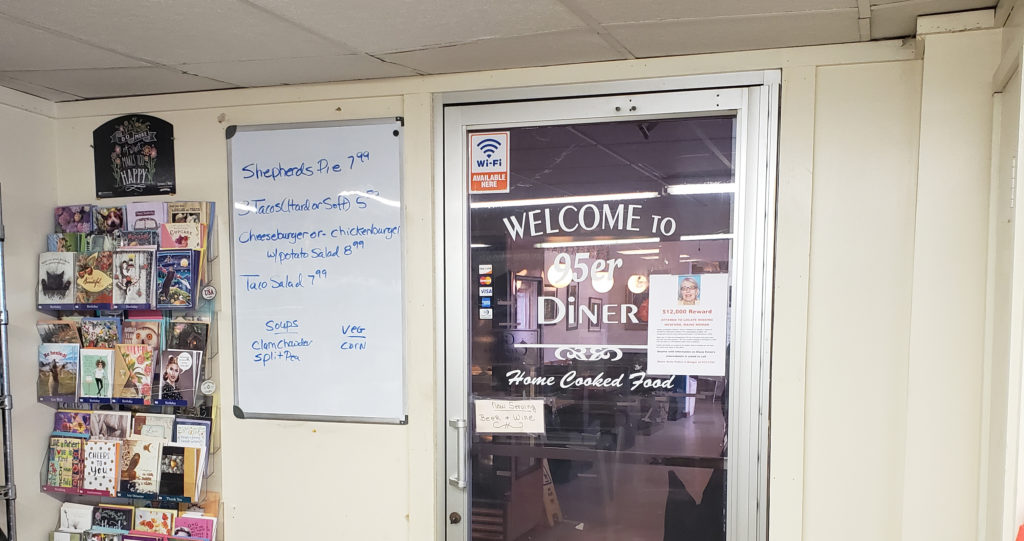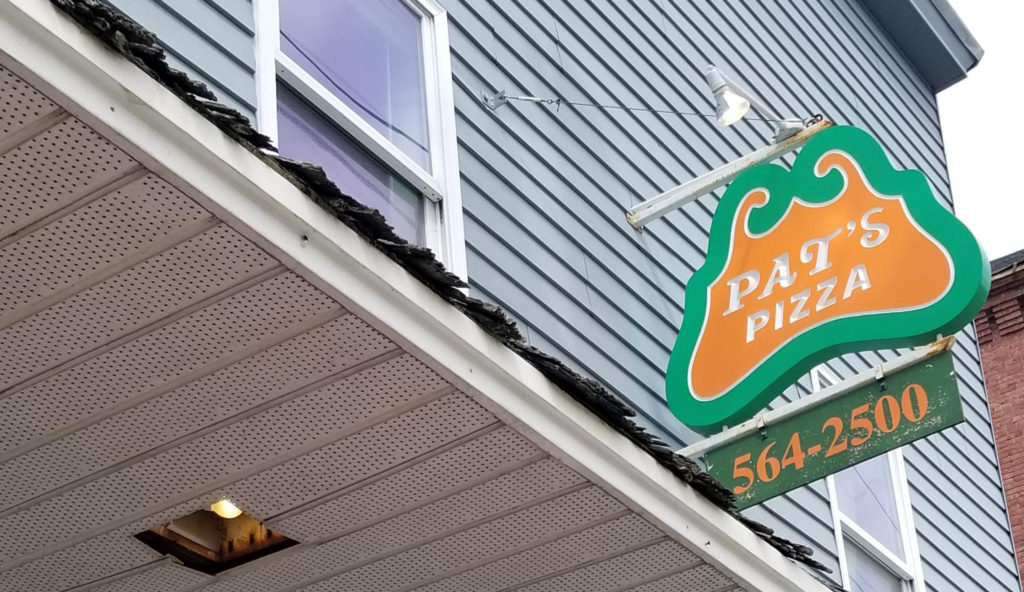Lumber Community Voices: Steve Banahan
What does the lumber industry mean to you and your community?
It’s like a mitten, woven into the fabric of the community. I’ve been in the lumber industry for almost 30 years and have seen firsthand the positive impact this industry has had on the local community, especially in rural areas like in Northern Maine. These are small towns, so it’s hard not to know somebody who is involved in the industry.
Pleasant River Lumber has an important ripple effect on our surrounding areas. Of course, the mill provides steady incomes and opportunity for those employed here. However, it’s exciting that for every job we create at Pleasant River, there are ten other jobs created in the community. This has the power to support many families in this area.
How is the mill involved in the community?
In addition to supplying jobs, we also recognize the importance of giving back to our community. We source our logs nearby and try to advocate for other local causes when we get the chance. Our primary mission right now is to support families and children. Whether it’s sending kids to camp or teaching them more about lumber, we focus on them as they are the future of this region.
Being a small town, the mill’s impact on the town around us is pretty clear. For example, after the day shift on Friday’s, you’ll often see a bunch of the crew at Pat’s Pizza on Main Street having a beer and sharing a few slices of pizza. Without the mill, who knows how long our Main Street could stay alive.
Why is fair trade important for the lumber industry?
Because our trade policies with Canada are so important to our work—and the border is so close to us—we follow the issue pretty closely. We’re often asked about it by our contractors or those in the community, so we try to stay on top of it.
What I’ve seen is that thanks to fair trade, we are now finally able to compete on a level playing field in a global marketplace. In 2017, anti-dumping and countervailing duties went into effect on Canadian softwood lumber imports into the U.S. to offset the Canadian government’s subsidies to its lumber industry. This level playing field has allowed us to grow and invest in future projects, two of which are currently in the process of creating more jobs to benefit the local economy. We are adding new shifts, building a new mill and almost doubling our annual production to 350 million board feet of lumber.
Fair trade gives us the resources to grow our business and further support our communities, which is just what we’re doing. Fair trade is critical to everything we do.
How important is sustainability to the lumber industry?
If we don’t replant what we cut down, we won’t have any wood—or industry—ten years from now. So sustainable forestry practices are a core part of how we operate. For example, we only buy logs from sustainable forestry operations, where we know they’re planting and re-growing the trees to keep the environment how we found it.
We also put effort into making sure that no part of the tree is wasted—we use 99% of each log!
What’s often misunderstood about the lumber industry?
That it’s not all about swinging an axe on wood—the lumber industry relies heavily on tech and highly technical jobs. A lot of people aren’t aware how technology has changed our work. We need engineers more than board flippers right now, and both are needed to successfully operate a mill.
Steve Banahan, Industrial Sales Manager, Pleasant River Lumber

